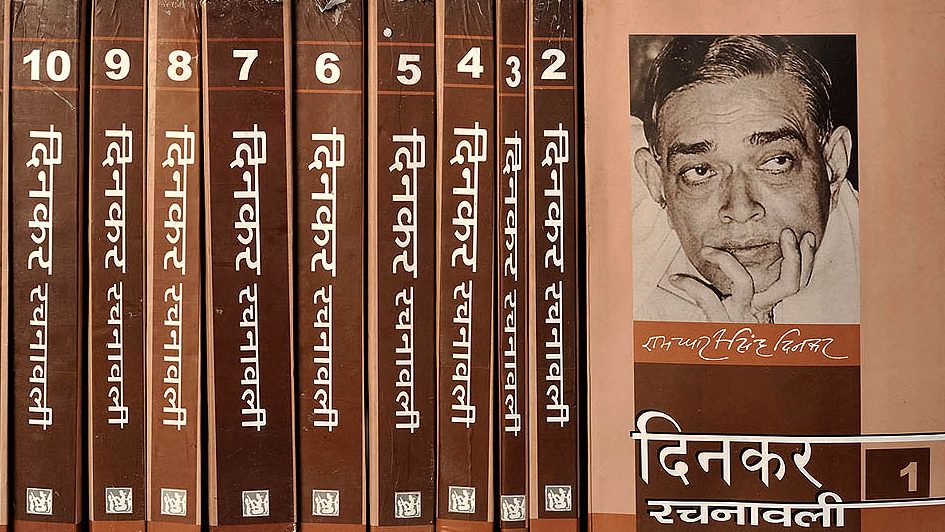Dear Dadu,
My husband tells me that his company will probably give him his first assignment abroad fairly soon. We will be abroad for at least a year, maybe two – or even more. I am excited, but also terrified. I am told that people change when they are abroad – and they don’t change for the better. Is that true? Is there anything that I should or can do?
Love,
Hansika
Dear Hansika,
I quite understand your feelings. It is quite natural to feel this way. However, you should recognise that your husband will primarily be excited at the new opportunities and responsibilities that will be presented to him by this assignment abroad, as well as probably have some feelings of regret at moving away from friends and members of the family. On the other hand, your friends and members of your family will primarily be feeling sorry that you are moving far from them, though they will no doubt try to console themselves that the move will be exciting and fulfilling for you because of the new experiences it will bring you, and that the move is certainly good for your husband professionally.
 However, you are right in sensing that not everything that is good from a professional point of view may be good from a personal point of view. As I said in my letter to Asha (see FP August 2014), different aspects of our personalities are brought out by the presence of different people. That is also true of different contexts. So your husband and you will become different simply because of being in a different situation and in the presence of different people, as well as different expectations and ideas to what is normal.
However, you are right in sensing that not everything that is good from a professional point of view may be good from a personal point of view. As I said in my letter to Asha (see FP August 2014), different aspects of our personalities are brought out by the presence of different people. That is also true of different contexts. So your husband and you will become different simply because of being in a different situation and in the presence of different people, as well as different expectations and ideas to what is normal.
All that does have the potential for positive as well as negative developments in all areas – professionally, emotionally, spiritually, intellectually, and in your relationship with each other. So the most important thing is to keep in step with each other as you are stimulated as well as challenged by the new situations in which you will find yourselves.
I wrote to Asha about the importance of conversation and observation, and those certainly will be important. But the biggest challenge is simply that of time. You will find life abroad much busier – there are no servants (unless you are extremely rich), so you have to do everything yourself, from cooking and cleaning, to getting places, and keeping accounts, and dealing with the bureaucracy – which, in the West at least, is thankfully much more efficient than ours..
Your husband may or may not be away from home more than he is in India, but he will be more stressed because offices and businesses usually have fewer people trying to cope with much greater workloads and much higher expectations of quality of work. So, if your relationship is to survive, it is absolutely essential to ensure that you prioritise significant blocks of time with each other.
In addition, you should keep an eye on the breadth of the information you share with each other. Don’t think “Oh I won’t mention the woman that I got to know in the grocery store, because he doesn’t know the woman and will probably never meet her”. Nor should you allow him to think that you are not interested in what he is doing at work (even if you don’t understand all the technical terms he uses – though most technical terms aren’t that difficult, if you take the trouble to try to understand them and you persuade him to explain them to you).
Next, remember that, if your husband is coping successfully with the challenge of working abroad, he will grow in his personality. You too need to grow if you are to keep pace with him. Think what new skills you can learn, or abilities you can exercise, as there are many more opportunities abroad than in our country.
Reflect also on the changing power-relationship between your husband and you. Initially, you may feel much more dependent on your husband than you might like. You might feel that you are being dragged into a different country as a sort of appendage to your husband because the move is for the sake of his job, organised by his company, centred on his business needs. However, instead of knocking yourself down because of that, you should use that increased sense of dependence to strengthen your relationship with your husband.
Moreover, as you make local friends, and pursue new and old interests, you will come to feel much more independent. If that happens, you should be aware that your husband may or may not like that! And whether he likes it or doesn’t will depend on whether he shares your sense of excitement in the new things that you are learning and the new things that you are able to do. So try to think how you can share your own excitement in such a way that he feels that the credit for what you are learning and doing is at least partly due to him.
However, as you start doing new things, and as your husband moves into new areas of responsibility, you need to work together at ensuring that you continue to have a common or shared purpose in your lives. Children sometimes provide that shared sense of purpose. But it is unwise to depend on children alone to provide that shared purpose. You also need common interests that are intellectual, spiritual, political, or whatever. So, if you don’t have at least one of these already, then you need to work on finding one!
Briefly, moving abroad presents huge possibilities for improvement, but also huge challenges. In managing those challenges, it helps to have each other’s full support.
Love,
Dadu
Published in the September 2014 issue of the Forward Press magazine
Forward Press also publishes books on Bahujan issues. Forward Press Books sheds light on the widespread problems as well as the finer aspects of Bahujan (Dalit, OBC, Adivasi, Nomadic, Pasmanda) society, culture, literature and politics. Contact us for a list of FP Books’ titles and to order. Mobile: +919968527911, Email: info@forwardmagazine.in)
The titles from Forward Press Books are also available on Kindle and these e-books cost less than their print versions. Browse and buy:
The Case for Bahujan Literature
https://www.amazon.in/dp/B073JVMCTH
The Common Man Speaks Out
https://www.amazon.in/dp/B075R94LQJ
Mahishasur: A people’s hero





